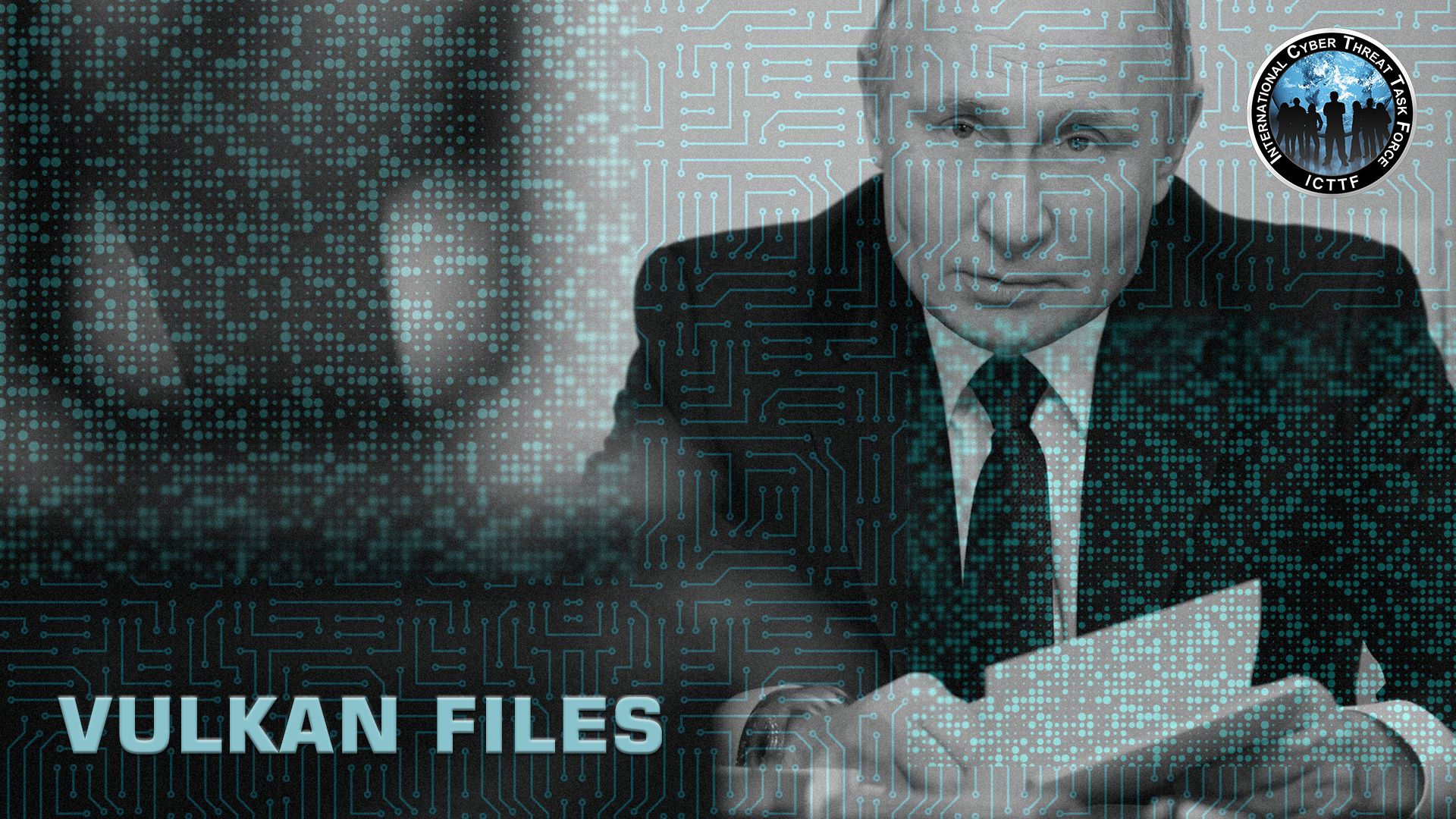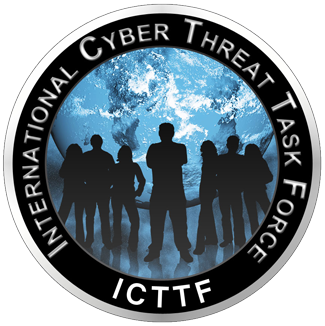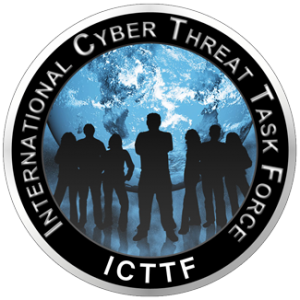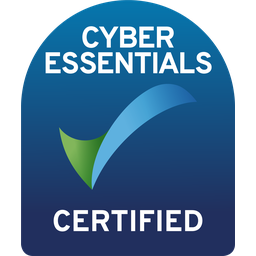The NTC Vulkan Files:
Implications for Cybersecurity and Businesses
National habits and perspectives on waging war are apparent in cyberspace. From aggressive Israeli responses to regional cyber threats to China's cyber espionage activities aligned with Communist Party interests, nations exhibit unique cybersecurity practices. The recent NTC Vulkan leak, involving thousands of pages of secret documentation related to Moscow's cyber and information operations capabilities, highlights Russia's obsession with social control and non-kinetic interference.
Understanding the NTC Vulkan Files:
An unhappy employee of a contracting firm associated with Russian military and security services leaked over 5,000 documents, including manuals, reports, and software specification sheets, dating from 2016 to 2021. The documents detail applications and database resources developed by NTC Vulkan for use by Russian intelligence agencies, revealing links to known threat actors like Military Unit 74455 (Sandworm).
Capabilities and Tools:
The leak provides insight into tools geared towards
large-scale attack preparation and automated disinformation dissemination.
Among these tools are "Skan-V" or "Scan," an information
gathering application for operational reconnaissance, and "Amezit"
and "Krystal-2B," both focusing on offensive operations against
critical infrastructure targets and automating disinformation campaigns.
Evolution of Russian Cyber Warfare:
The Vulkan leak demonstrates Russia's blended public-private
digital security apparatus and an iterative evolution of its cyber warfare
capabilities. Vulkan's close relationship with the state military-intelligence
organs is similar to Moscow's connections with cybercriminal organizations, acting
as private incubators of cyber warfighting capacity.
Information Confrontation:
Russian cyber developments align with the concept of
"information confrontation" – non-standard methods of engagement to
produce coercive leverage while avoiding escalation. Tools like Scan and Amezit
reflect Russia's commitment to information control and scaling tactical effects
to secure strategic gains.

The NTC Vulkan leaks highlight the evolving nature of cyber warfare and the need for businesses to adapt to emerging threats. By understanding Russia's unique cyber strategies and implementing proactive defense measures, businesses can better protect themselves from the implications of cyber warfare and maintain a secure operating environment.
Connect to Paul here.


HEAD OFFICE
-
ICTTF Ltd
ICTTF House
First Floor Unit 15
N17 Business Park
Tuam, Co Galway
H54 H1K2 -
info@icttf.org
support@icttf.org -
+353 (0)1 905 3263

